Integrating generative AI into STEM education: enhancing conceptual understanding, addressing misconceptions, and assessing student acceptance
Published in Computational Sciences and Education
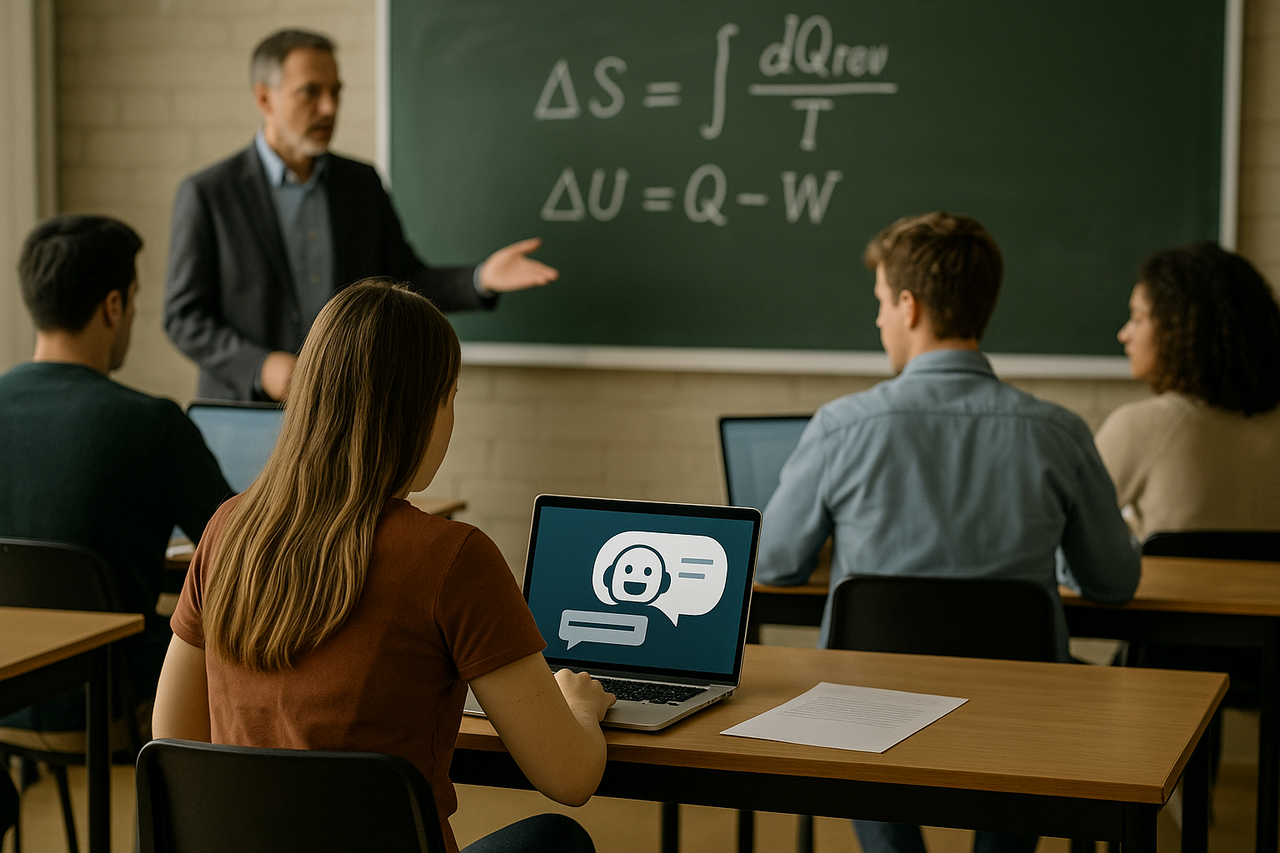
Why This Research Was Conducted?
Thermodynamics presents persistent challenges for students due to its abstract concepts and common misconceptions. Traditional teaching methods often fall short in effectively addressing these difficulties. With the emergence of generative AI tools like ChatGPT, we identified a promising opportunity to enhance instruction through real-time, personalized support. This study investigates whether integrating ChatGPT within a constructivist inquiry-based framework can improve students’ conceptual understanding of thermodynamic principles, reduce misconceptions, and foster greater acceptance of AI-assisted learning in STEM classrooms.
What did we find?
✅ Greater Conceptual Understanding: The experimental group significantly outperformed the control group in post-test scores, demonstrating improved understanding of core thermodynamic concepts—particularly entropy and internal energy.
✅ Reduction in Qualitative Misconceptions: Students receiving ChatGPT-assisted instruction showed a clear decline in conceptual errors, especially in qualitative reasoning tasks.
✅ Positive Student Perceptions: Participants reported high satisfaction with ChatGPT’s usability and instructional support, reinforcing its value as a pedagogical tool.
⚠️ Limitations in Quantitative Reasoning: Some quantitative misconceptions remained unresolved, highlighting ChatGPT’s current limitations in advanced problem-solving and numerical calculations.
📊 Strategic Use Was Most Effective: Students who engaged with ChatGPT in a targeted and purposeful way—rather than relying on it excessively—achieved the most substantial learning gains.
Read and download the full paper here:
https://diser.springeropen.com/articles/10.1186/s43031-025-00125-z
Follow the Topic
-
Disciplinary and Interdisciplinary Science Education Research

This journal promotes scholarship and best practices in education within and across science disciplines.
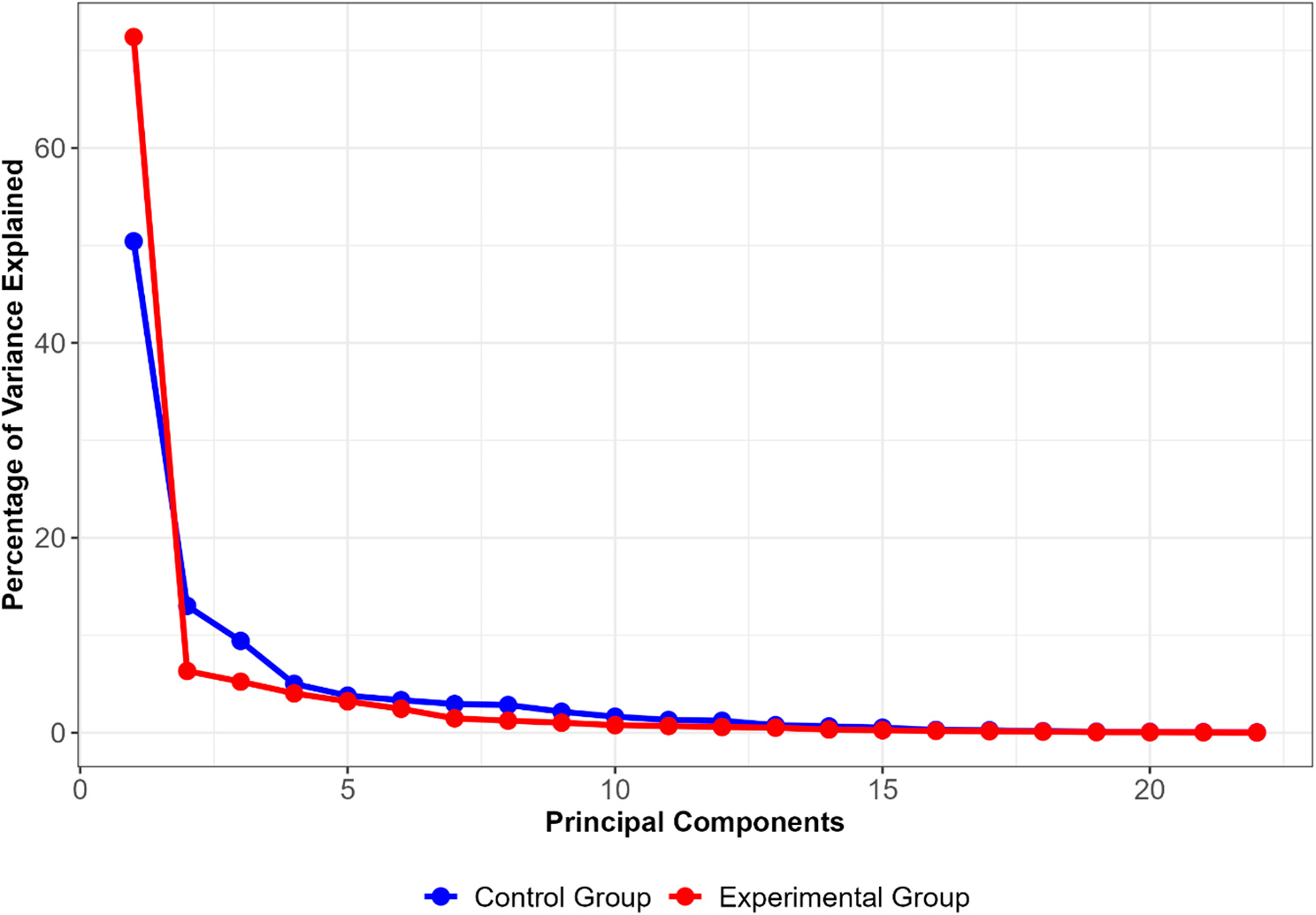
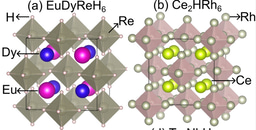
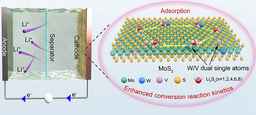
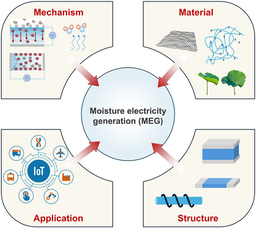
Please sign in or register for FREE
If you are a registered user on Research Communities by Springer Nature, please sign in